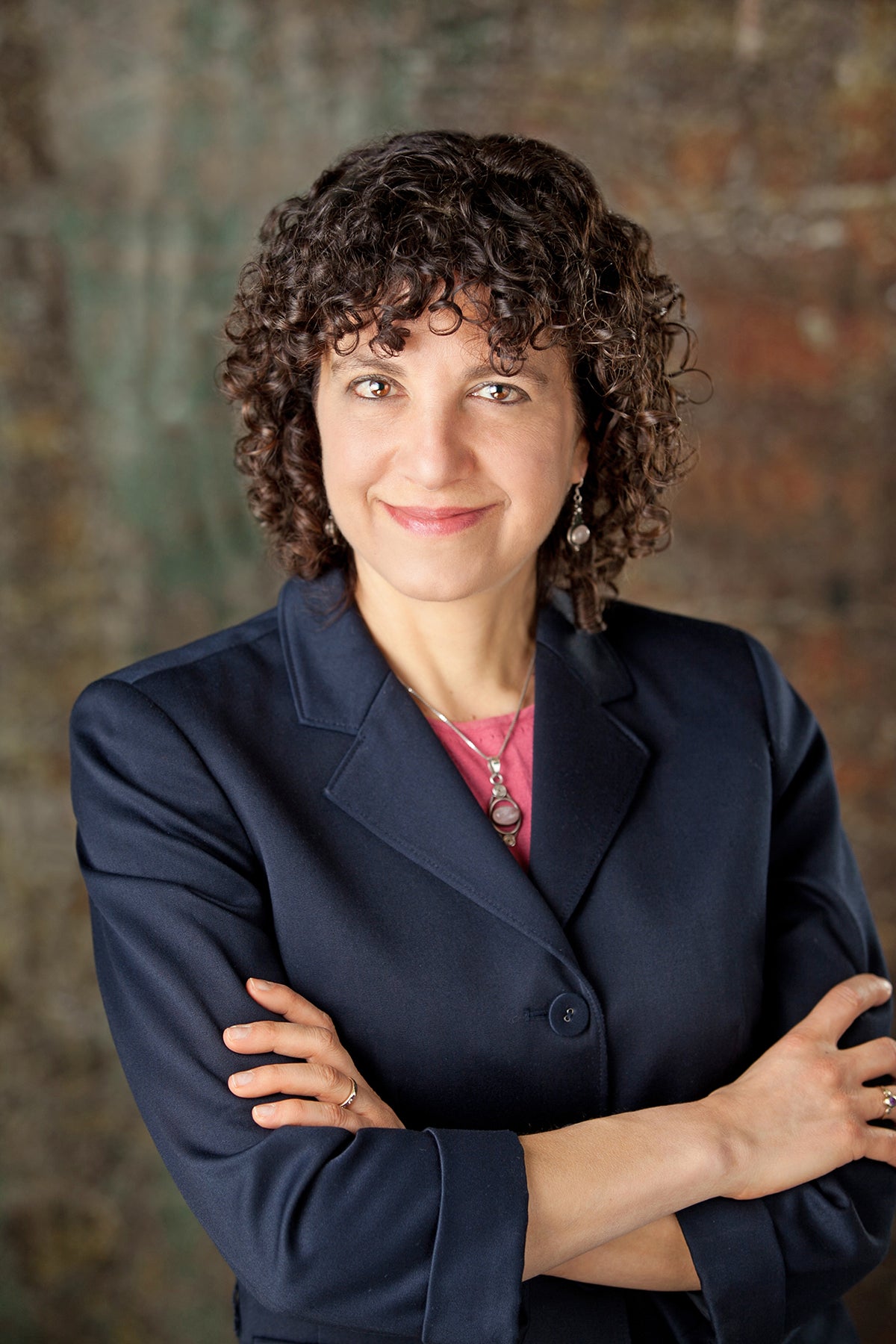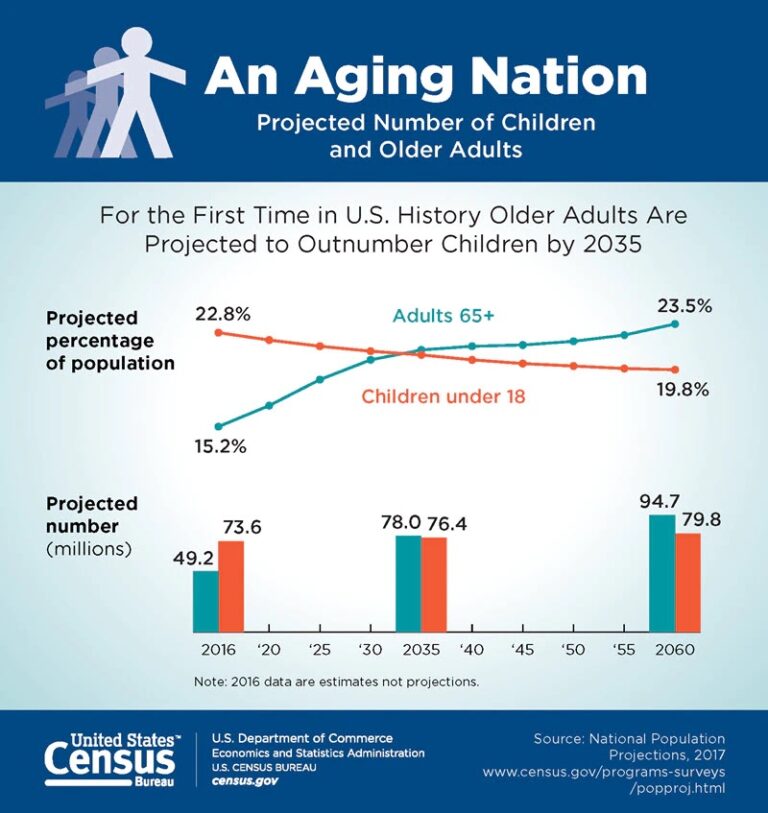2022 URI Thewlis Lecture tackles the impact of ageism on health and longevity, creating a more age-just society
 |
| Yale Professor Becca R. Levy will discuss “Ageism and You: Why It Matters,” April 6, as the 2022 presenter of the Malford Thewlis Lecture on Gerontology and Geriatrics. (Yale University photo) |
While
here in America, we are living longer, aging healthier and are more active into
our later years than ever before, the aging of our population has implications
for nearly all sectors of society. How we view ourselves and others as we age
has a significant impact on our well-being. The stereotypes, prejudice and
discrimination associated with aging can, in fact, steal as many as seven years
from our lives.
On Wednesday, April 6 at 7 p.m., the
University of Rhode Island will host Becca R. Levy, noted professor of public
health and psychology at Yale University and a leading expert on the psychology
of successful aging, as the presenter of the 2022 Malford Thewlis
Lecture on Gerontology and Geriatrics. The event will be held
virtually.
An
Aging Nation: By 2035, adults age 65+ are expected outnumber children age 18
and under for the first time in U.S. history.
Levy
is credited with creating a field of study focused on how positive and negative
age stereotypes, assimilated from the culture, can have beneficial and/or
adverse effects on the health of individuals as they age. “Ageism and You: Why
It Matters,” will summarize scientific evidence and illustrate how many health
problems associated with aging are influenced by ageist beliefs. Levy will
share techniques for improving one’s own aging process and confronting
structural ageism to create a more age-just society.
“How we think about aging and our perspectives on growing older have a real connection to what actually happens to us in terms of our health and our life expectancy,” said Phillip Clark, director of URI’s gerontology program and the Rhode Island Geriatric Education Center, which sponsor the lecture.
Why
does this matter? In the United States, the number of Americans aged 60 and
older increased by 34% from 55.7 million to 74.6 million between 2009 and 2019.
During this same period, Americans aged 45 to 64 – those who will reach age 65
over the next two decades – increased by 4% from 80.3 million to 83.3 million.
These changes will impact the United States on a number of levels – from the
number of Americans in the workforce and the consequences of rising
retirements; to the demand for goods and services; to the need for more
age-friendly environments; to integrated care and improved social programs; to
basic family structures and intergenerational ties.
“The
United States is undergoing a dramatic demographic shift,” said Clark. “Within
the next 12 years, older Americans are expected to outnumber those age 18 and
under for the first time in our history. This is the perfect time for people to
begin to question their assumptions about aging and growing older and to change
the way our society and our institutions think about older people. To recognize
them as contributors and partners and leaders in their own right.”
Levy
has received numerous awards for her research and has testified before the U.S.
Senate on the effects of ageism as well as contributed to briefs submitted to
the United States Supreme Court in age-discrimination cases. She received her
Ph.D. in psychology from Harvard University and held a National Institute on
Aging postdoctoral fellowship at the Division of Aging and Department of Social
Medicine at Harvard Medical School. She is the author of the forthcoming book
“Breaking the Age Code: How Your Beliefs About Aging Determine How Long and How
Well You Live,” published by William Morrow.
The 2022 Malford Thewlis Lecture on Gerontology and Geriatrics is free and will be streamed on the Rhode Island Geriatric Education Center’s facebook (@RIGEC.edu), twitter (@RIGEC_URI) and YouTube channels. Registration is required. The names of those registered will be entered into a drawing to receive a free copy of Levy’s book. For more information, or to register, visit: uri.edu/rigec/special-events-malford.
More
information on the U.N. Decade of Healthy Aging can be found on the World Health Organization
site.
The
Thewlis Lecture is named for Malford W. Thewlis, MD, a former resident of
Wakefield, who was a pioneer in the field of geriatric medicine. One of the
co-founders of the American Geriatrics Society in 1942, he also authored an
early medical text, “The Care of the Aged: Geriatrics,” first published in
1919. In honor of Dr. Thewlis, URI established the Malford Thewlis Lecture in
Gerontology and Geriatrics in 2006 to raise awareness, enhance knowledge, and
stimulate discussion about issues related to aging, longevity, and health care
for older adults.
To
watch live:
Twitter: https://twitter.com/RIGEC_URI
Facebook: https://www.facebook.com/rigec.edu/
YouTube: https://www.youtube.com/channel/UCypGvtru_OuAi_3okLphcTg
